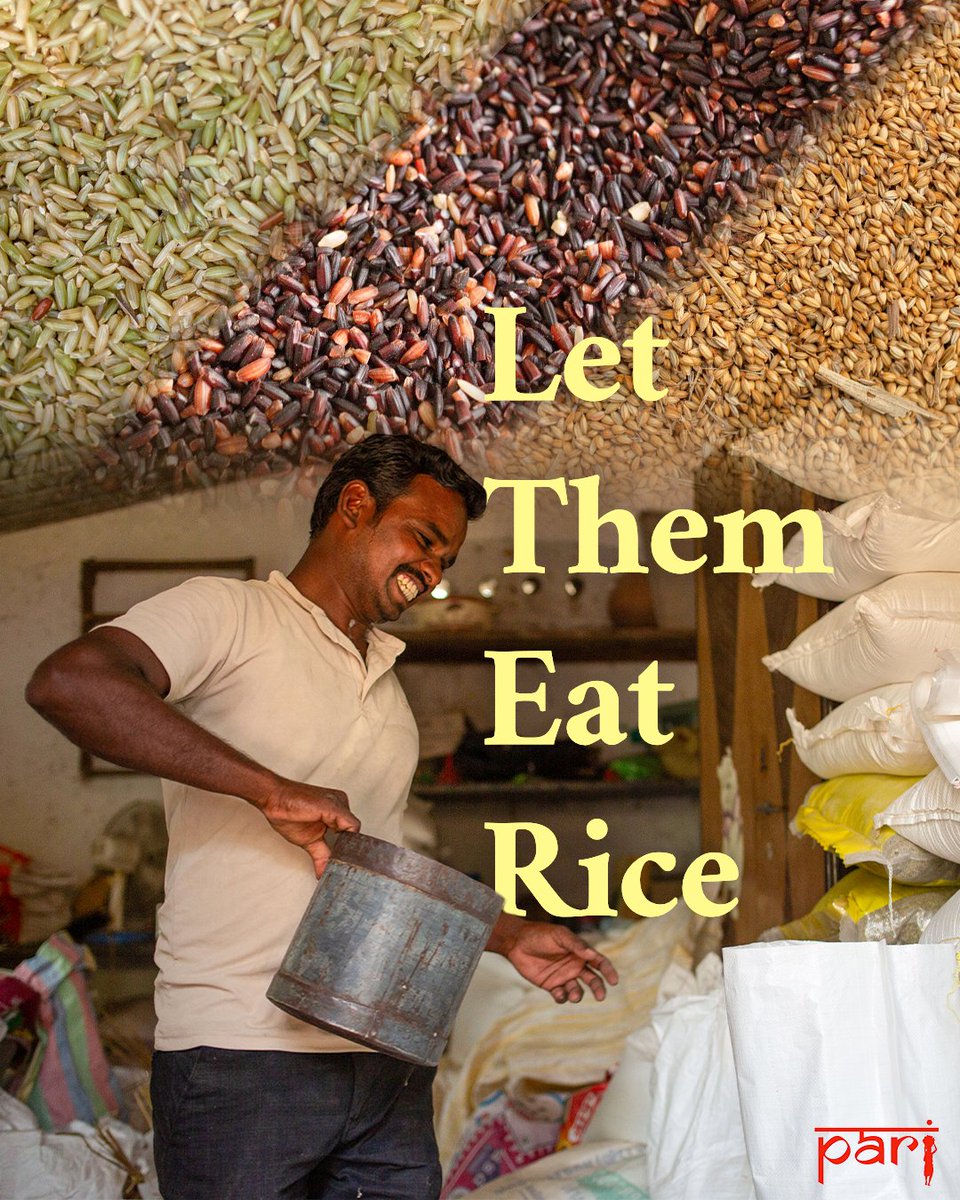Thousands of Dalits still work as manual scavengers – unclogging sewers, emptying septic tanks. They work with no protective gear, no holidays, irregular wages, & the threat of death. Here's a thread of stories about citizens stained by the stigma of 'safai' #HumanRightsDay 

"If our people die, it makes no difference to anybody in this world. This is because our caste is written on our forehead. As long as manual scavenging and our caste are interlinked, we will not be released from this hell."
ruralindiaonline.org/articles/swach…
ruralindiaonline.org/articles/swach…
In November 2016, Chandan Daloi died while cleaning a septic tank at a Delhi mall. ‘Why is only our caste employed for cleaning the sewers, and why are people still dying inside them’, asks his wife, Putul.
ruralindiaonline.org/articles/no-li…
ruralindiaonline.org/articles/no-li…
When a woman loses her husband to the #sewers of India, besides trying to cope with the loss, she has to fight for justice and worry about her family’s survival. Here's one of the many poignant stories.
ruralindiaonline.org/articles/on-ho…
ruralindiaonline.org/articles/on-ho…
The wife of a sanitation worker who died in a septic tank, and her daughters, recount their struggles against a system that confines them – quite literally – to the gutters.
ruralindiaonline.org/articles/my-mo…
ruralindiaonline.org/articles/my-mo…
Mani has spent nearly 30 years cleaning choked sewers, while enduring the stigma of his work and caste. And each time he dives bare-bodied into the sludge and human waste, he wonders if he will come out alive.
ruralindiaonline.org/articles/i-hav…
ruralindiaonline.org/articles/i-hav…
• • •
Missing some Tweet in this thread? You can try to
force a refresh






















